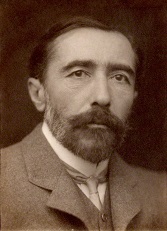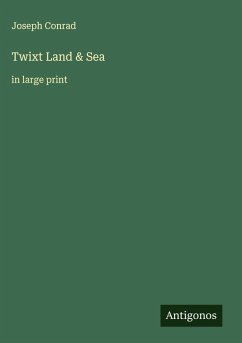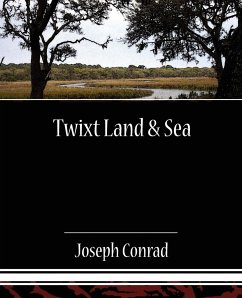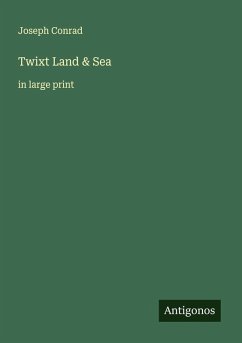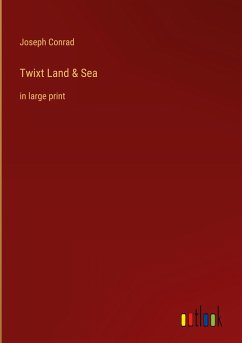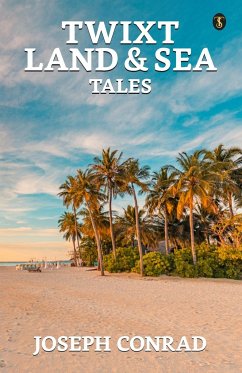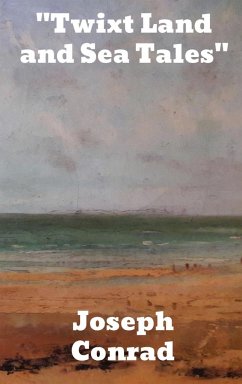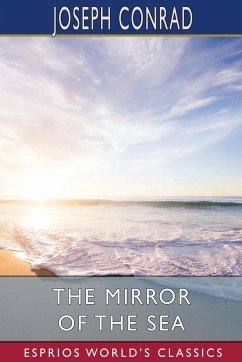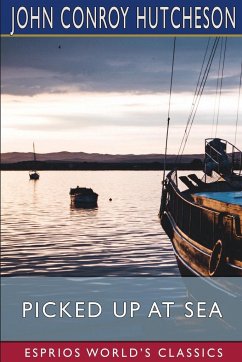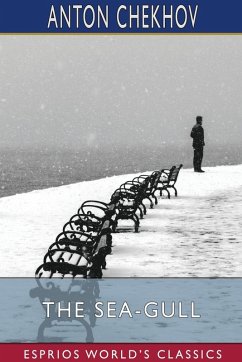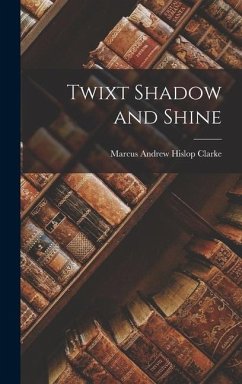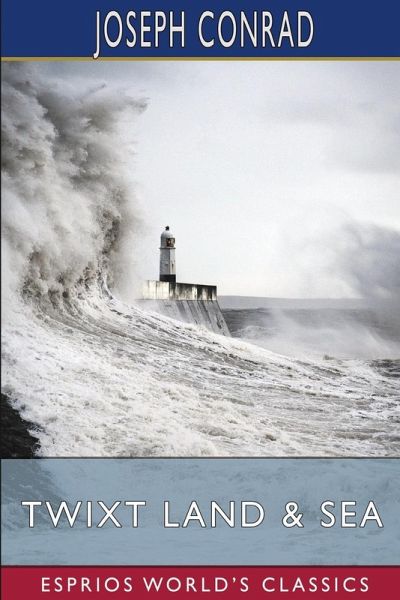
Twixt Land and Sea (Esprios Classics)
Tales
Versandkostenfrei!
Versandfertig in 1-2 Wochen
22,99 €
inkl. MwSt.
Weitere Ausgaben:

PAYBACK Punkte
11 °P sammeln!
Joseph Conrad, born Jozef Teodor Konrad Korzeniowski, (1857-1924) was a Polish-born novelist who spent most of his adult life in Britain. He is regarded as one of the greatest English novelists, which is even more notable because he did not learn to speak English well until he was in his 20s. He is recognized as a master prose stylist. Some of his works have a strain of romanticism, but more importantly he is recognized as an important forerunner of modernist literature. His narrative style and anti-heroic characters have influenced many writers, including Ernest Hemingway, D. H. Lawrence and ...
Joseph Conrad, born Jozef Teodor Konrad Korzeniowski, (1857-1924) was a Polish-born novelist who spent most of his adult life in Britain. He is regarded as one of the greatest English novelists, which is even more notable because he did not learn to speak English well until he was in his 20s. He is recognized as a master prose stylist. Some of his works have a strain of romanticism, but more importantly he is recognized as an important forerunner of modernist literature. His narrative style and anti-heroic characters have influenced many writers, including Ernest Hemingway, D. H. Lawrence and Graham Greene. Amongst his best known works are Heart of Darkness (1899), Lord Jim (1900), Under Western Eyes (1911), Victory (1915) and The Rescue (1920).





